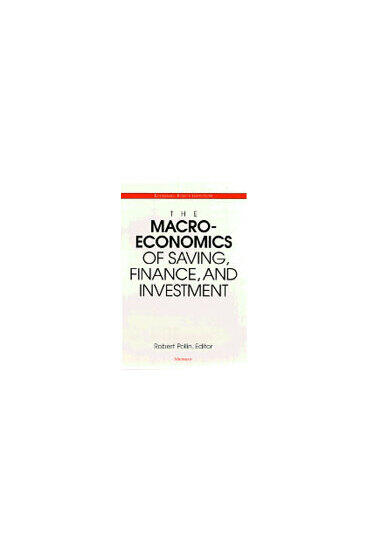The Macroeconomics of Saving, Finance, and Investment
Reconsiders many of the most basic theoretical, empirical, and policy-oriented controversies embedded in the macroeconomics of saving, finance, and investment
Description
What is the relationship between saving behavior in capitalist economies and their macroeconomic performance? In addressing this question, this volume poses three more basic questions: What is the relationship between saving and investment? What is the role of financial structures in mediating this relationship? And what are the most appropriate ways of measuring saving, investment, and related concepts in the context of the substantive issues of concern?
The contributors draw substantially from heterodox traditions in economics, including post-Keynsianism, neo-Marxism, and structuralism, in pursuing these issues. As such, the contributions give unusual attention to how factors such as investment uncertainty, financial structure, income distribution, and the evolution of institutions affect growth, cyclical fluctuations, and in particular the role of saving in macroeconomic performance. At the same time, the essays are technically and empirically oriented, thus engaging more orthodox approaches to these themes on their own terms.
A unique feature of the volume is that formal comments are offered by leading mainstream thinkers as well as by distinguished heterodox authors. This has generated an unusually lively, fruitful, and by no means bipolar interchange. Authors include David M. Gordon, Robert Blecker, Dean Baker, Ilene Grabel, and Robert Pollin; contributing discussants are James Tobin, James Galbraith, Stanley Fischer, Steven Fazzari, Benjamin Friedman, James Crotty, Tamim Bayoumi, Steven Marglin, Alan Auerbach, and Gerald Epstein.
Robert Pollin is Professor of Economics, University of California, Riverside.

